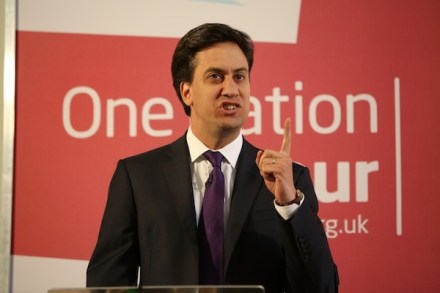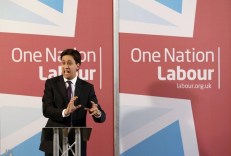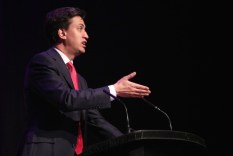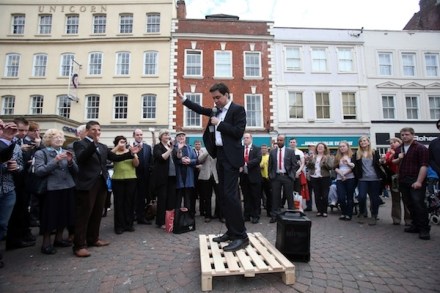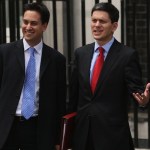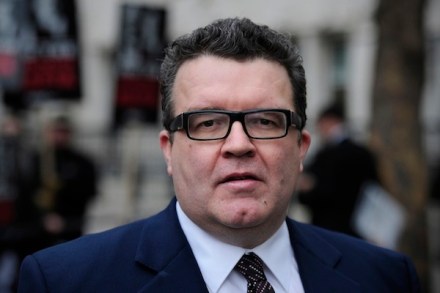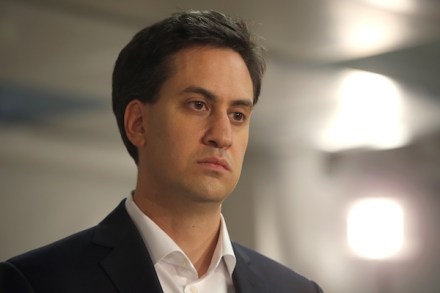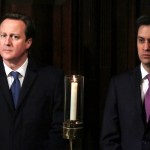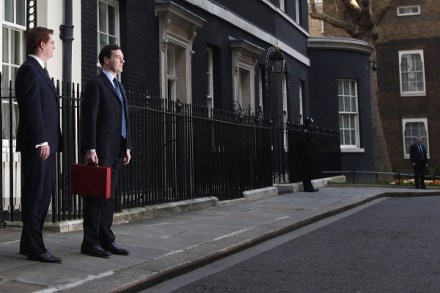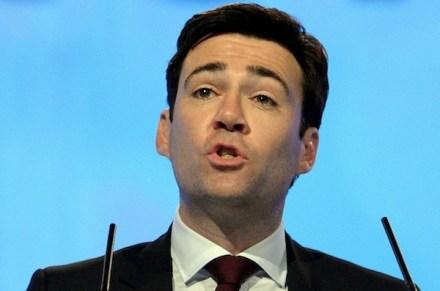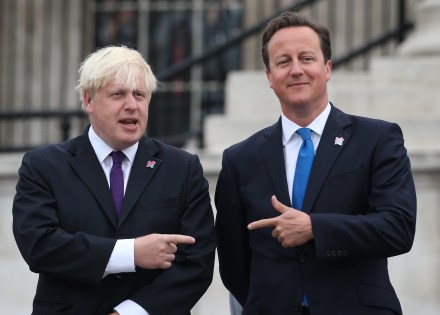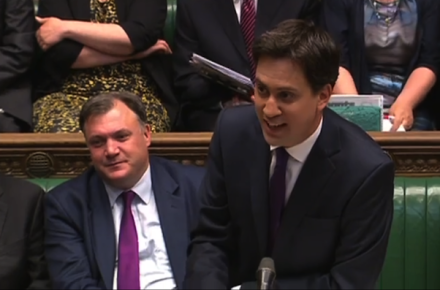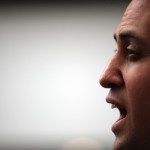If Labour is to be democratised, Ed Miliband must reform how his party chooses its leader
By insisting that trade unionists must opt-in to party membership, Ed Miliband has taken a bold and brave first step in reforming Labour’s troublesome relationship with its affiliated trade unions. At a stroke, he has gone far beyond the achievements of his modernising predecessors, John Smith and Tony Blair. Considerable fanfare accompanied the introduction of one member one vote for party elections in 1993 but John Smith’s initiative proved to be flawed – an outcome demonstrated by the role that trade union leaderships were able to play in the 2010 Labour leadership contest. The abolition of Clause IV in 1995 was little more than a symbolic reform.For all the furore
